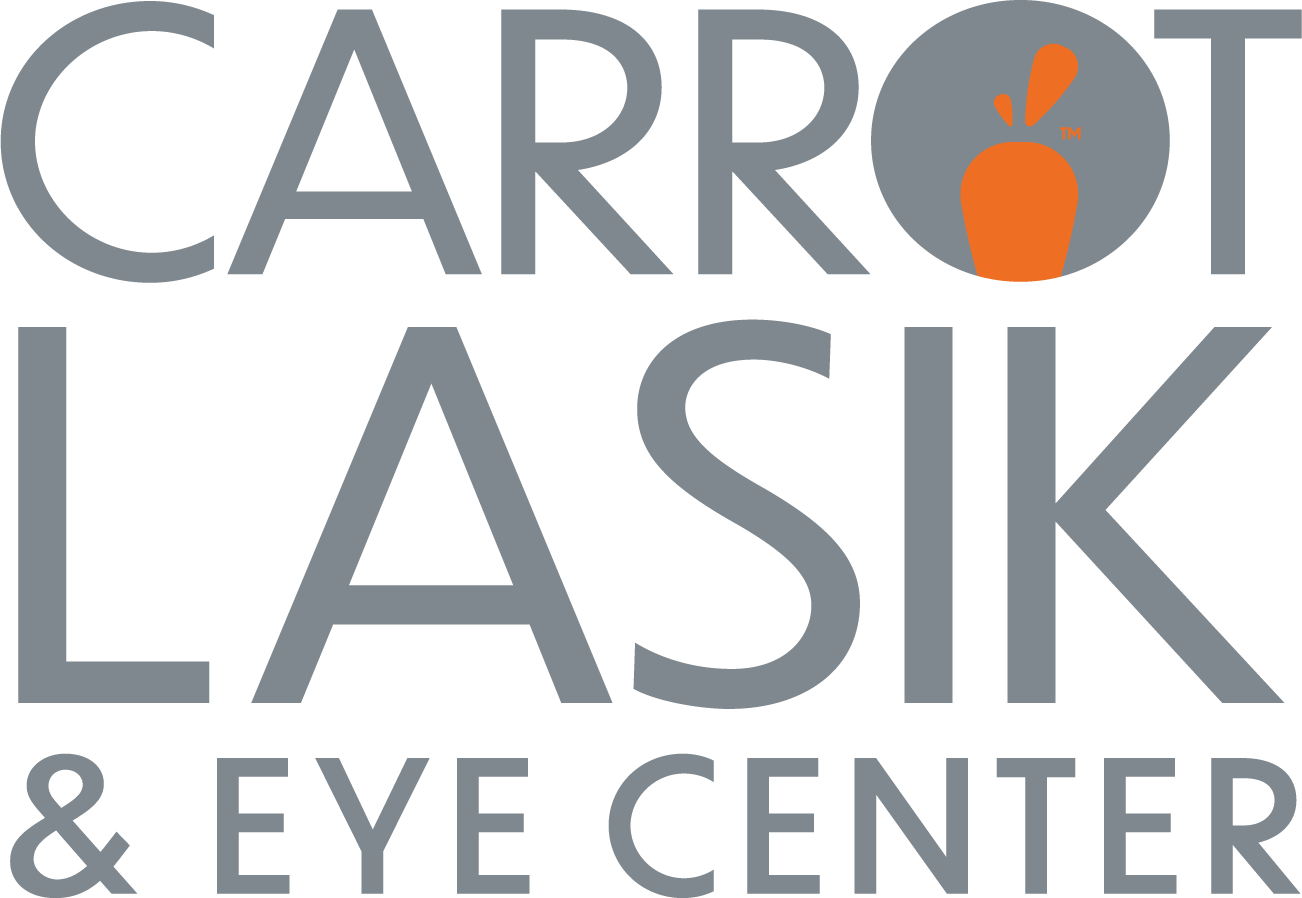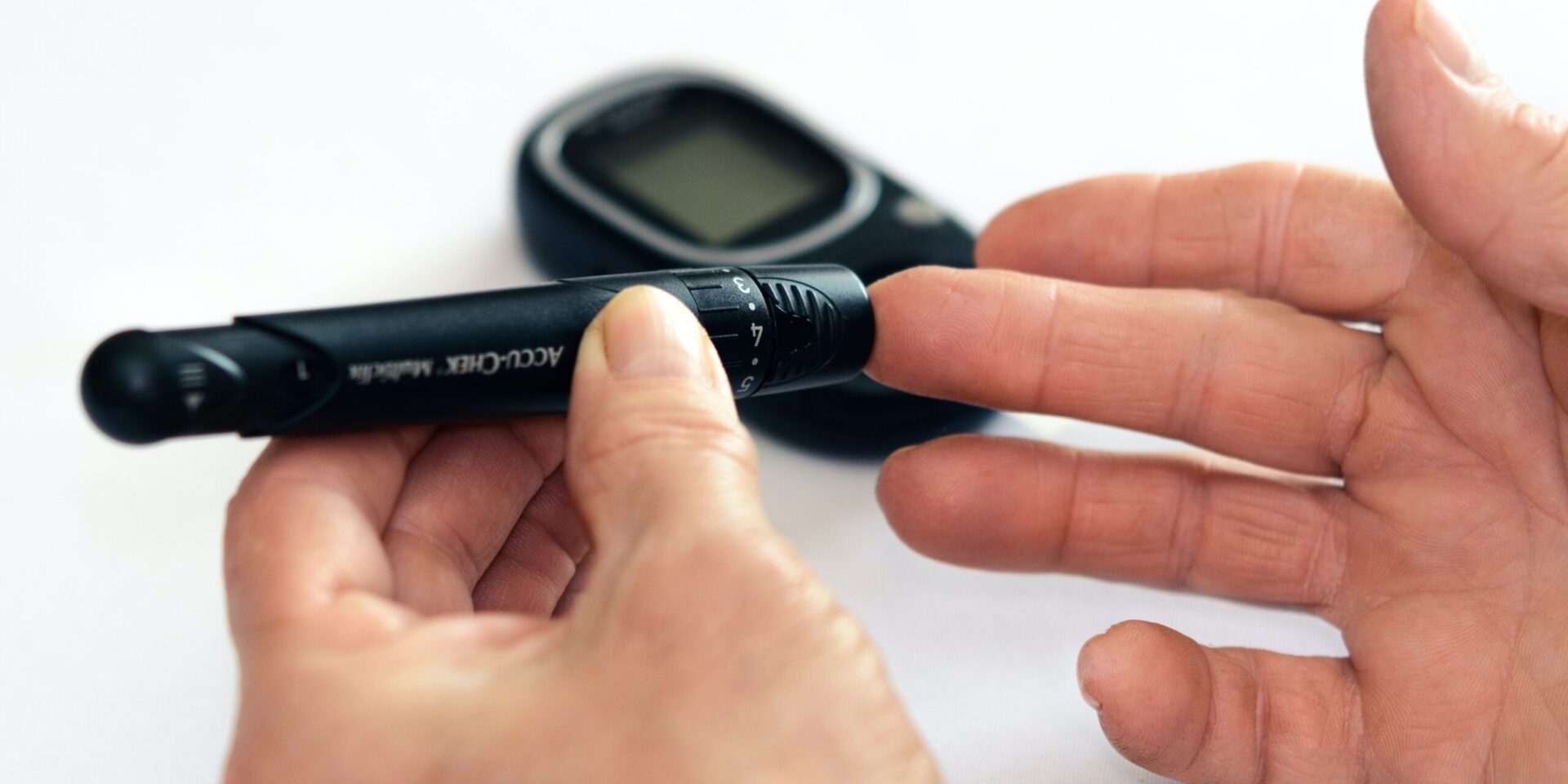Living with diabetes comes with a set of challenges and responsibilities. Managing blood sugar levels is a top priority and a failure to do so doesn’t just impact the health of the body and mind, it also impacts vision. Diabetic eye care is a critical component of diabetes management, as diabetes may lead to a variety of eye complications. If left untreated, diabetes may result in vision impairment or even blindness. In today’s article, we’ll dive into the realm of diabetic eye care by understanding its importance, learning about common eye conditions associated with diabetes, and uncover way to maintain visual health.
Diabetes and Vision: Where’s the link?
Just as high blood sugar can affect the body, it can also lead to problems like blurry vision, cataracts, glaucoma, and retinopathy. Surprisingly, diabetes is a leading cause of blindness for adults between the ages of 20 and 74.
Blurry Vision
As blood sugar rises, your eye’s lens may swell, which will affect how blurry the world appears. To correct it, glasses and contacts are not the way to go. Instead, getting your blood sugar levels back into the optimal range will help bring your vision to normal. It may take up to 3 months for your vision to return to its natural state.
Cataracts
Diabetes may also be linked to cataract formation. While anyone can develop a cataract, diabetic people tend to get them earlier in life, and they progress more rapidly.
Glaucoma
Though still not completely understood, diabetic patients are more likely to develop glaucoma, which comes with its own set of challenges.
Diabetic Retinopathy
Perhaps the most direct result of unregulated high blood pressure from poor management of diabetes, diabetic retinopathy can develop. The retina is the group of cells on the back of your eye that turns light into images that the optic nerve passes on to the brain. When blood sugar levels are high, damage will begin to occur throughout the small blood vessels in the retina. Without early treatment, diabetic retinopathy can lead to blindness. In American adults, more than one in four people with diabetes will develop diabetic retinopathy.
Importance of Regular Eye Exams: Crucial for Management
Ophthalmologists monitor the subtle changes in the eyes caused by diabetes before symptoms begin to appear. It is highly recommended that people with diabetes undergo at least an annual comprehensive eye exam to monitor eye health and discover any developing problems in their early stages. Your ophthalmologist may recommend more frequent eye exams.
Diabetic Eye Care: Tips and Tricks
- Blood Sugar Management: Maintaining a stable blood sugar level is not only essential for diabetes management, but also for preserving vision health. Consistently high blood sugar levels may accelerate the development of diabetic eye problems.
- Healthy Diet: As with most health issues, a healthy diet can go a long way to slowing the progression of diabetic eye complications. A well-balanced diet rich in antioxidants, vitamins, and minerals will help with diabetic control and overall healthy eyes.
- Physical Activity: Regular physical activity helps improve blood circulation, which in turn helps support eye health. Exercise will also help lead to better diabetic management and overall health.
- Medication and Insulin: Following prescribed medications and insulin regiments is crucial to preventing diabetes-related complications, including vision related issues like diabetic retinopathy.
- Stop Smoking: Smoking will magnify the impact of diabetes on the eye. Save your eyesight and quit smoking, today.
Managing Diabetes and Cataracts
If your cataracts have progressed quickly due to your diabetes, there is good news. Cataract surgery for diabetic patients is no different than with non-diabetic patients so long as your blood sugar levels are under control. Cataracts are not limited to those with diabetes, so if you have recently been told you have cataracts forming, the solution is surgery. With millions of cataract procedures being performed globally every year, cataract surgery has become routine and well-studied.
Managing Diabetes and Glaucoma
There are different types of glaucoma, but the main categories are open-angle glaucoma and angle-closure glaucoma.
- Open-Angle Glaucoma: The most common type of glaucoma, open-angle glaucoma develops gradually and is often referred to as “the silent thief of sight.” Noticeable symptoms don’t develop until later stages, and it occurs when the eye’s drainage system becomes less efficient. Over time, the optic nerve may become damaged, resulting in peripheral vision loss and eventually total vision loss.
- Angle-Closure Glaucoma: Less silent than its counterpart, angle-closure glaucoma’s symptoms develop rapidly. Angle-closure glaucoma occurs when the eyes drainage system becomes blocked resulting in symptoms such as eye pain, severe headaches, blurry vision, and even nausea and vomiting. Angle-closure glaucoma requires immediate medical attention.
Managing Diabetes and Diabetic Retinopathy
Treatment of diabetic retinopathy largely depends on the severity. Though there is no cure, treatments are designed to slow or stop its progression.
With early diabetic retinopathy, the treatment plan will likely consist of more frequent eye exams to monitor its development. With a healthy diet and good management of high blood pressure, some people may never leave this phase.
When diabetic retinopathy moves into a more advanced stage, your doctor may recommend injecting medication directly into the eye. These injections vary in frequency depending upon the progression of diabetic retinopathy. Your doctor may also recommend laser therapy or a vitrectomy, both designed around treating the blood vessels inside the retina.
Conclusion
If you’ve been diagnosed with diabetes, the time is now to schedule an appointment with your ophthalmologist. Together, you will create a plan centered around maintaining healthy eyes through stable blood sugar levels, a healthy lifestyle, and guidance from other healthcare experts such as your primary care physician. Eyesight is a precious gift – protect it by managing your diabetes effectively and following up with your eye doctor, today!


